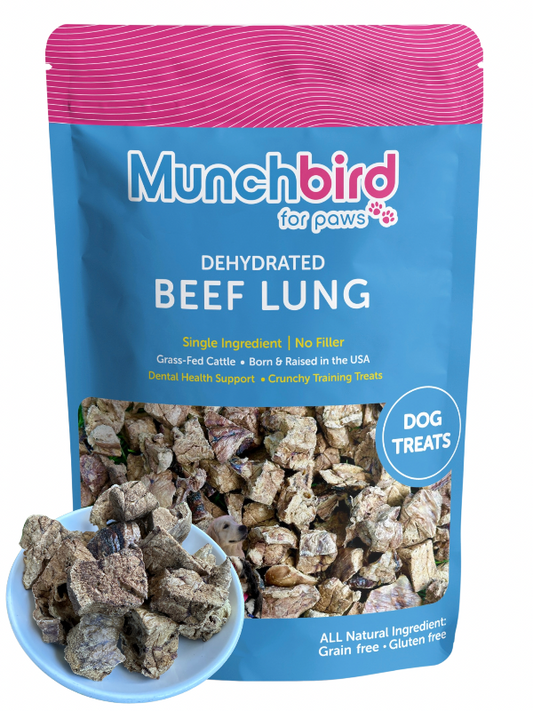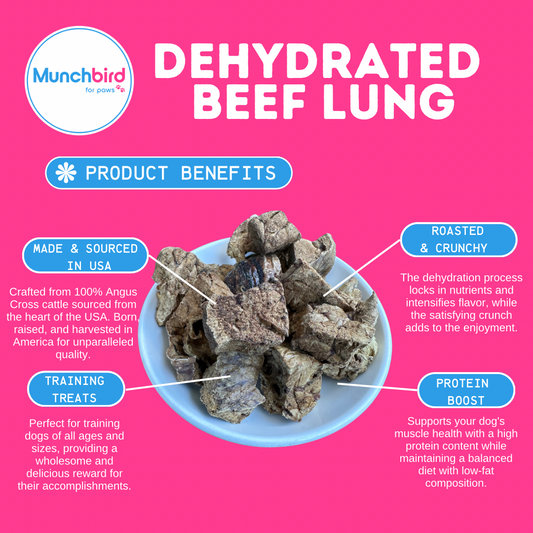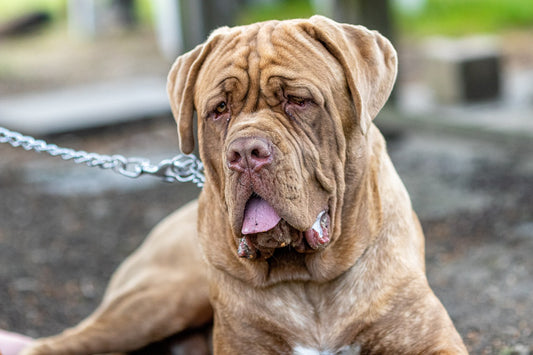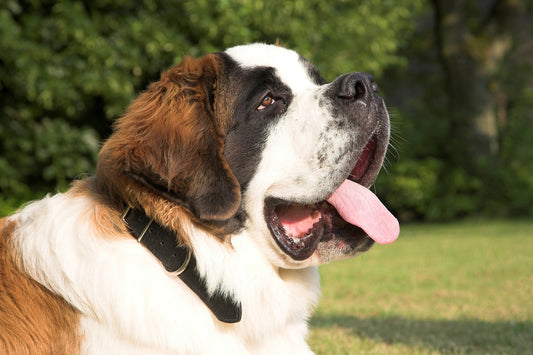Dachshunds, with their unique appearance and spirited personalities, quickly become cherished members of the family. As responsible pet owners, understanding the factors that influence their lifespan is crucial for providing the best care. In this comprehensive guide, we'll explore the factors that contribute to how long Dachshunds live, offering insights to ensure a happy and healthy journey with your beloved sausage-shaped friend.
Average Lifespan of Dachshunds:
Dachshunds are known for their longevity compared to some other breeds. On average, they live between 12 to 16 years. However, individual lifespans can vary based on several factors, including genetics, diet, exercise, and overall health maintenance.
Factors Influencing Lifespan:
- Genetics: Genetics play a significant role in determining a Dachshund's lifespan. Responsible breeding practices can contribute to the overall health and longevity of the breed.
- Size and Weight: The size and weight of a Dachshund can impact their lifespan. Maintaining a healthy weight through a balanced diet and regular exercise is essential to prevent obesity-related health issues.
- Healthcare: Regular veterinary check-ups, vaccinations, and preventive care are crucial for detecting and addressing potential health issues early on, contributing to a longer, healthier life.
- Diet and Nutrition: Providing a well-balanced, nutritious diet is fundamental for a Dachshund's overall health. Avoiding excessive treats and human food helps maintain a healthy weight and reduces the risk of obesity-related conditions.
- Exercise: Dachshunds are an active breed, and regular exercise is vital for their physical and mental well-being. Engaging in daily walks, playtime, and mental stimulation contributes to a healthier and happier life.

Common Health Issues and Prevention:
Intervertebral Disc Disease (IVDD):- Dachshunds are prone to IVDD due to their long spines. Preventive measures include maintaining a healthy weight, avoiding activities that strain the back, and regular veterinary check-ups.
- Obesity is a common issue in Dachshunds and can lead to various health problems. A balanced diet and regular exercise are crucial for weight management.
-
Dental issues can impact a Dachshund's overall health. Regular brushing and dental care can prevent dental problems and contribute to their well-being.
Caring for Your Aging Dachshund:
- Senior Diet: Transitioning to a senior-specific diet can address the changing nutritional needs of older Dachshunds.
- Comfortable Environment: As Dachshunds age, providing a comfortable and accessible living environment becomes essential. Soft bedding and ramps to avoid excessive jumping can benefit their aging joints.
- Regular Check-ups: Increased veterinary check-ups in the senior years help monitor and manage age-related health issues promptly.

 Everything About Dachshund Blog
Everything About Dachshund Blog Do Dachshunds Shed?
Do Dachshunds Shed?




















































